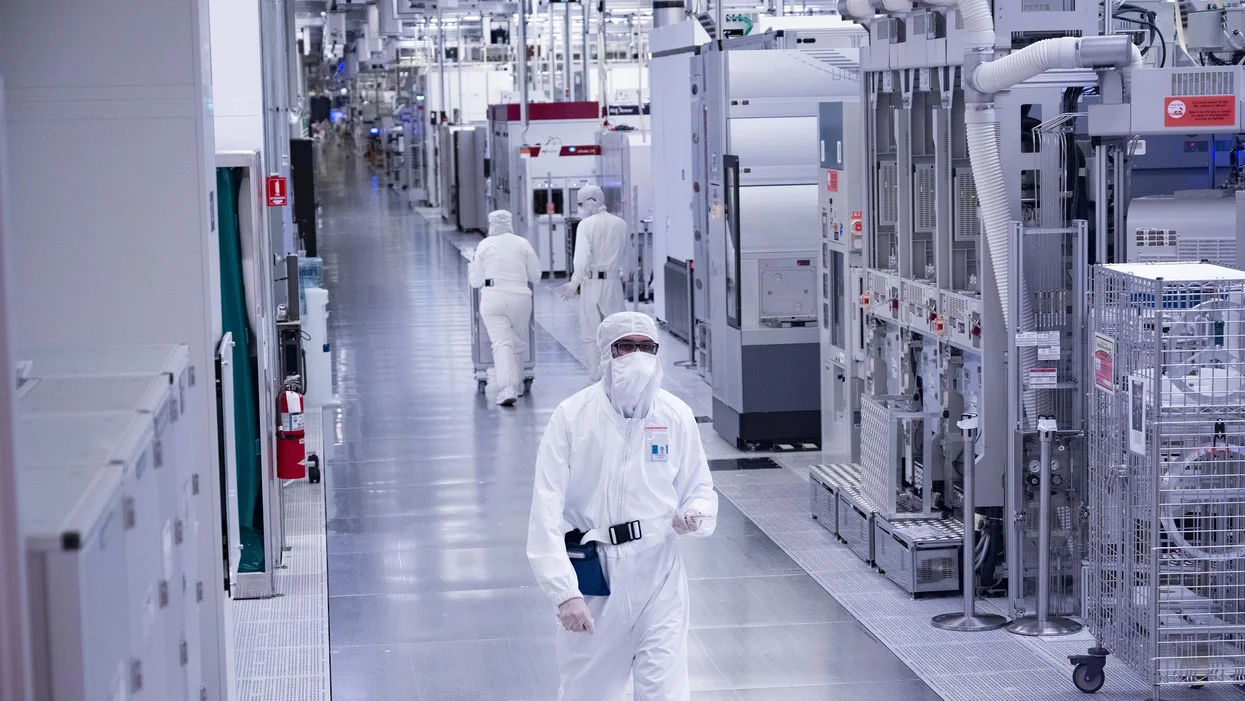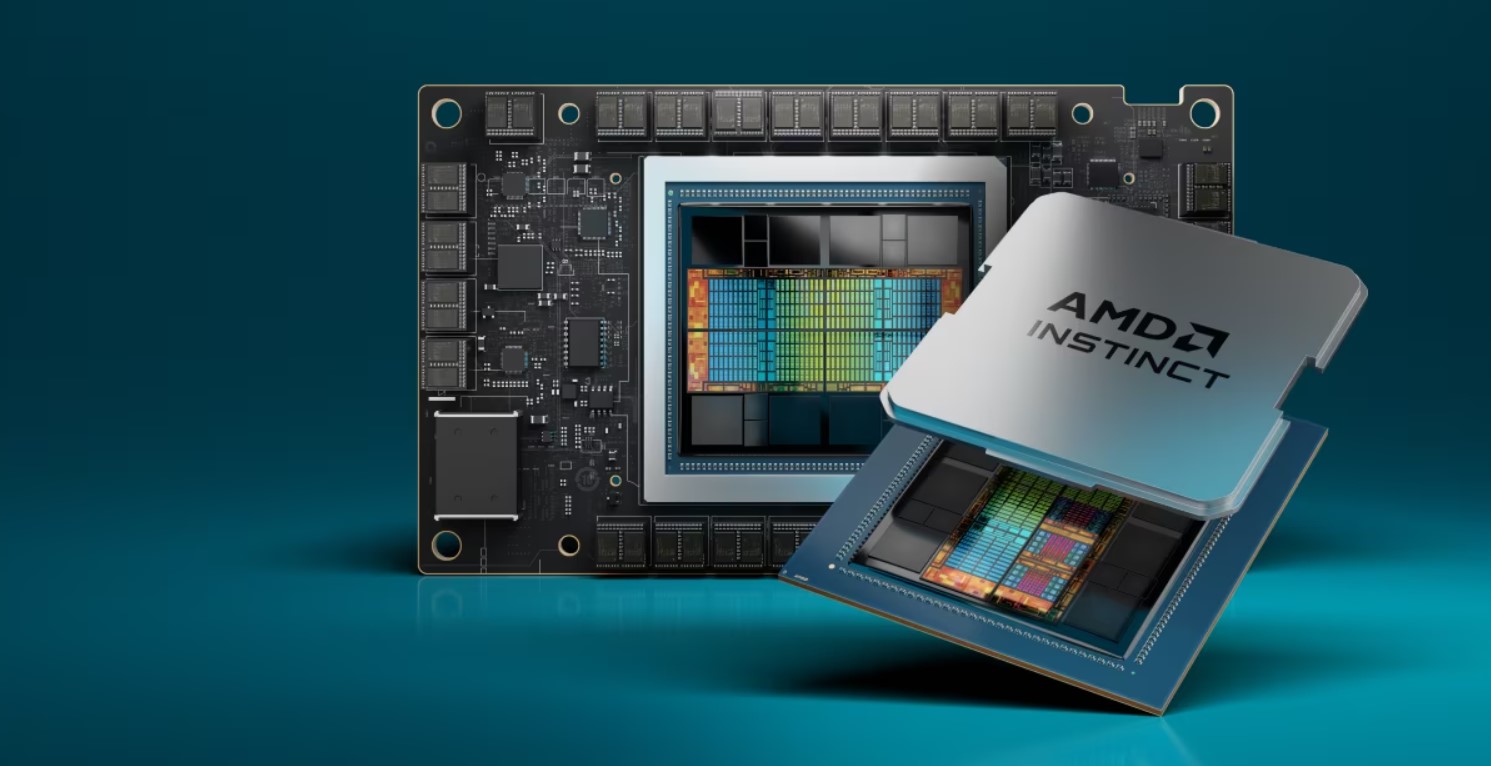OpenAI and Intel discuss AI's future need for more processing power

The need for more and faster artificial intelligence (AI) chips will only continue in the coming years, both OpenAI's Sam Altman and Intel CEO Pat Gelsinger said after their conversation at Intel's Foundry Event in San Jose, California. Essentially, Altman believes that the world will need many more chips for AI, at the same time that the world will need to invest globally in many things that go beyond what is currently being considered. Altman also comments that the world still lacks "numbers," stressing the importance of building on the AI momentum of the previous year to advance a technology he believes will lead to a brighter future for humanity.
Intel's Gelsinger echoed Altman's comments, claiming that the need for AI processors in the coming years appears to be limitless. An unsurprising comment, since since the takeover Gelsinger has already pushed Intel to enter the business of producing chips for other companies. As part of this development, the company has committed to invest $20 billion in the construction of new factories in Ohio, which will be used as so-called "foundries" for other companies.

At the conference Wednesday, Gelsinger predicted that Intel, driven primarily by the need for AI chips, would be the second-largest foundry company in the world by 2030, likely surpassed only by Taiwan Semiconductor Manufacturing Co., or TMSC, the current industry leader. In addition, Intel is trying to get a share of the $52 billion that the US Commerce Department intends to pay in an effort to increase the nation's manufacturing capacity in the $527 billion processor market.
Both CEOs' comments only confirm the reality of the AI boom, especially after the Philadelphia Stock Exchange Semiconductor Index, which measures the performance of the top 30 U.S. chip companies, reportedly surged more than 50% in the past year as investors bid on the continued high demand for AI processors that support ChatGPT and other apps from OpenAI.

Altman's and Balsinger's comments also come after leading AI chip maker Nvidia reported that its year-over-year revenue rose 265% to $22.1 billion. For the current quarter, Nvidia expects $24 billion, more than four times the amount from the same period last year and more than the average estimate of $22 billion made by experts. Despite this eye-opening gain, however, the massively growing need for AI processors among Big Tech companies and start-ups like Anthropic and OpenAI has only benefited a select few companies. While the majority of other chipmakers struggle with inventory pile-ups and sluggish customer demand across a range of industries, Nvidia and its suppliers, particularly TSMC and Supermicro, have reaped disproportionate benefits.
Latest gadgets
-
19 Sepgadgets
-
23 Maygadgets
LaserPecker LP5 Laser Engraver
-
01 Maygadgets
Swytch launches Swytch Max+ Kit
-
10 Margadgets
DJI AIR 3S
-
03 Margadgets
Razer Wolverine V3 Pro
-
21 Febgadgets
OBSBOT Tiny 2 SE
-
13 Febgadgets
Corsair launches Platform:4
-
17 Jangadgets
Nerdytek Cycon3
Most read gadgets
Latest gadgets
-
19 Sepgadgets
DJI launches Mini 5 Pro
-
23 Maygadgets
LaserPecker LP5 Laser Engraver
-
01 Maygadgets
Swytch launches Swytch Max+ Kit
-
10 Margadgets
DJI AIR 3S
-
03 Margadgets
Razer Wolverine V3 Pro
-
21 Febgadgets
OBSBOT Tiny 2 SE
-
13 Febgadgets
Corsair launches Platform:4
-
17 Jangadgets
Nerdytek Cycon3






